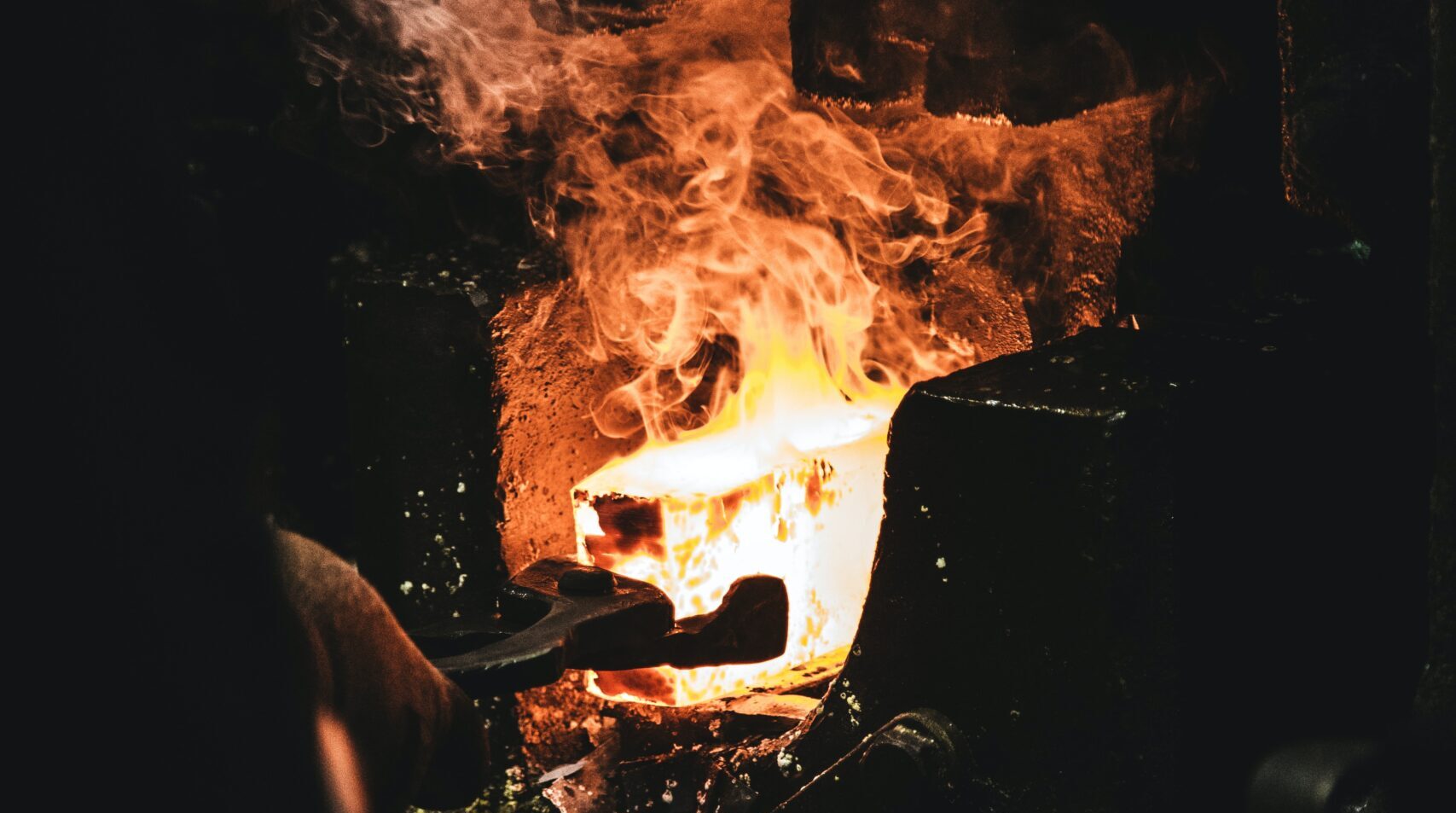Introduction:
Knife making is a captivating craft that allows enthusiasts to create unique and functional blades. Whether you’re a beginner or an experienced knife maker, having the right tools is crucial for achieving high-quality results. In this article, we will explore six essential tools that every home knife maker should have in their workshop. These tools will enable you to shape, refine, and finish your blades with precision and efficiency, taking your knife-making skills to new heights.
Forge and Anvil:
A forge and anvil are the foundation of any knife-making workshop. The forge is used to heat the metal, allowing you to shape and manipulate it. Propane or coal forges are common choices, each with its advantages and considerations. An anvil provides a solid and stable surface for hammering and shaping the metal. When selecting an anvil, look for one made from high-quality steel with a flat working surface and a hardened top. These essential tools provide the means to heat, shape, and refine the blade material, giving you control over the blade’s form and function.
Belt Grinder:
A belt grinder is an indispensable tool for precision grinding and shaping of knife blades. It consists of a motor-driven abrasive belt that rotates at high speeds, enabling efficient metal removal. Belt grinders come in various sizes and configurations, but a 2×72-inch belt grinder is widely favored among knife makers. This versatile tool allows you to shape bevels, smooth edges, and remove excess material quickly. It is crucial to choose a belt grinder with a sturdy frame, reliable motor, and adjustable tool rest to ensure precise and consistent results.
Bench Vise:
A bench vise is a must-have tool for securing your workpiece during various knife-making operations. It provides stability and allows you to work on the blade with both hands, ensuring safety and precision. Look for a vise with strong clamping force, durable construction, and wide opening capacity to accommodate different blade sizes. A rotating vise can offer added flexibility by allowing you to position the workpiece at various angles. A bench vise is invaluable when filing, drilling, or shaping the blade, making it an essential tool in any knife maker’s arsenal.
Heat Treatment Oven:
Proper heat treatment is essential for achieving the desired hardness and durability in a knife blade. A heat treatment oven, also known as a kiln, provides controlled heating and cooling cycles, allowing you to achieve precise hardness levels. Look for an oven that offers temperature control, uniform heating, and accurate monitoring capabilities. Electric ovens are popular among home knife makers due to their convenience and ease of use. With a heat treatment oven, you can effectively anneal, normalize, harden, and temper your blades, enhancing their performance and longevity.
Drill Press:
A drill press is a versatile tool that aids in precision drilling and hole-making operations. When making knives, you may need to drill holes for handle attachment, pinning, or other purposes. A drill press provides stability, accuracy, and repeatability, ensuring consistent hole placement. Look for a drill press with adjustable speed settings, a sturdy base, and a robust motor. Consider additional features such as depth stop and laser guides for improved control. With a drill press, you can achieve clean, straight, and accurately placed holes in your knife blades and handle materials.
File Set:
Files are essential for refining and shaping the blade, handle, and other components of a knife. They allow you to remove material, shape bevels, and achieve a smooth and precise finish. Invest in a quality set of files that includes different profiles, such as flat, round, and triangular. Choose files made from high-carbon steel for durability and sharpness. Additionally, consider getting a diamond file for more efficient material removal. Files with fine teeth are ideal for finishing touches and achieving a polished look. Remember to use files with appropriate sizes and shapes for different parts of the knife, such as the blade, bolster, or handle.
Conclusion:
To excel in the art of knife making, having the right tools is essential. The six tools discussed in this article, including a forge and anvil, belt grinder, bench vise, heat treatment oven, drill press, and file set, form the foundation of a well-equipped knife-making workshop. These tools enable you to shape, refine, and finish your blades with precision and efficiency, elevating the quality of your craftsmanship.
When selecting these tools, prioritize quality and functionality. Look for sturdy construction, reliable performance, and features that cater to your specific needs. Investing in high-quality tools will not only enhance your knife-making experience but also contribute to the longevity and success of your creations.
Remember, knife making is a skill that requires practice, patience, and dedication. As you hone your skills and experiment with different techniques, having the right tools will empower you to bring your creative visions to life. So, equip your workshop with these essential tools, and embark on an exciting journey of crafting unique and remarkable knives right from the comfort of your home.
